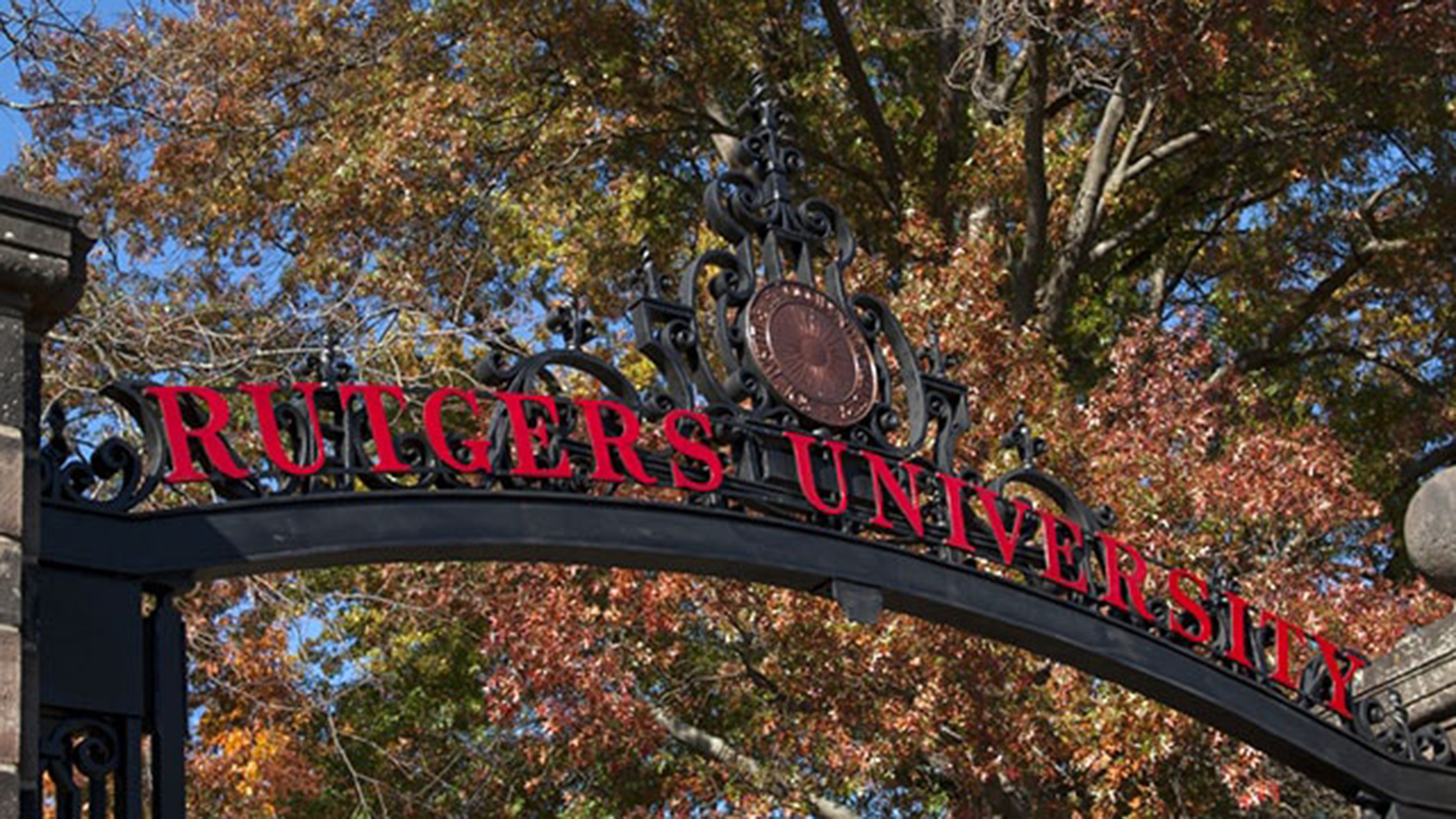New Jersey is at an inflection point.
For most of the past century, we have been a political machine state, controlled by a handful of men who run our largest county party organizations. The political machines have stayed in power with the help of New Jersey’s unique county line primary ballot.
Last month’s ruling by U.S. District Court Judge Zahid Quraishi upended that system by requiring New Jersey to switch to office block ballots, like those used in every other state. Although this decision is limited to Democrats in the June 2024 primary, the underlying case, Conforti v. Hanlon, is expected to be heard next fall and would have wider implications.
To preempt a decision in Conforti, New Jersey’s legislative leadership may try to adopt a version of an office block ballot that would enable the political machines to continue controlling who gets elected.
Fortunately, many New Jersey voters are following this issue closely. Multiple 2025 gubernatorial candidates are also pushing for good government reforms, which will make it harder for the legislature to enact another biased ballot design.
So, what does New Jersey need to do now to continue moving towards a real democracy?
♦ First, adopt an office block primary ballot with candidate order randomized by voting district.
There is ample research confirming that being first on the ballot is advantageous. To counter this, many states randomize the order that candidate names appear on the ballot so that no candidate is listed first more frequently than any other. New Jersey should do the same.
♦ Second, make the county clerk position non-partisan.
County clerks, who supervise our elections, have had to run for office in the Democratic or Republican primaries, making them vulnerable to the wishes of county party chairs. Having partisan clerks also undermines perceptions of their fairness, which is particularly concerning when some voters already doubt the integrity of our elections.
♦ Third, help voters learn about the candidates.
In much of New Jersey, voters have been irrelevant as candidates understood that the surest way to win the primary was to devote resources to convincing the county party chairs to give them the county line, rather than convincing the voters to vote for them.
Candidates also have been largely irrelevant as primary outcomes were determined not by candidate quality or ideas but by who was on the county line. Those candidates who displeased the county party leadership found themselves replaced.
Since the county chairs are overwhelmingly white men, the candidates they selected have also tended to be white and male, resulting in a state legislature that does not reflect the diversity of our state by race, ethnicity, or gender.
Eliminating the county line will likely result in a greater number of more diverse candidates. To help those candidates engage with voters while minimizing the impact of money on elections, New Jersey should look to models from other states.
For example: Washington State mails every voter a state General Election Voters’ Pamphlet with information about the candidates. And for a few thousand dollars, California allows candidates for state and federal office to purchase space for a 250 word candidate statement in either the state or county voter information guide. To qualify, candidates must agree to abide by specified campaign spending limits.
New Jersey could allow candidates who abide by spending limits to purchase inexpensive space in the sample ballots mailed to all voters ahead of the primary and general elections. This approach would be particularly helpful for women candidates and candidates of color, who tend to have a harder time raising funds.
♦ Fourth, expand public financing of elections beyond the governorship to include the state legislature and county and local positions.
Six states — Arizona, Connecticut, Hawaii, Maine, Minnesota, and New York — currently provide public financing for state legislative races. Hawaii also offers public financing for county races and 26 cities and counties provide such financing for mayor, council and county positions.
♦ Fifth, enact state campaign finance reform.
The Coalition for Integrity’s 2022 State Campaign Finance Index ranked New Jersey 32nd nationally, behind Idaho and Kentucky. They note numerous problems with our campaign finance laws, including a lack of transparency, high limits on contributions, and insufficient oversight power given to the Election Law Enforcement Commission.
Our contribution limits also increase candidates’ dependence on the political machines by encouraging donations to county or state political party committees and legislative leadership PACs rather than directly to candidates. For example, an individual donor can give up to $2,600 to a candidate in a primary but up to $75,000 to a county or state political party committee or a legislative leadership PAC.
And county or state political party committees and legislative leadership PACs are unlimited in how much they can give to candidates and to each other.
Taken together, these five reforms would help vanquish the powerful grip that political machines have long had on our state.



